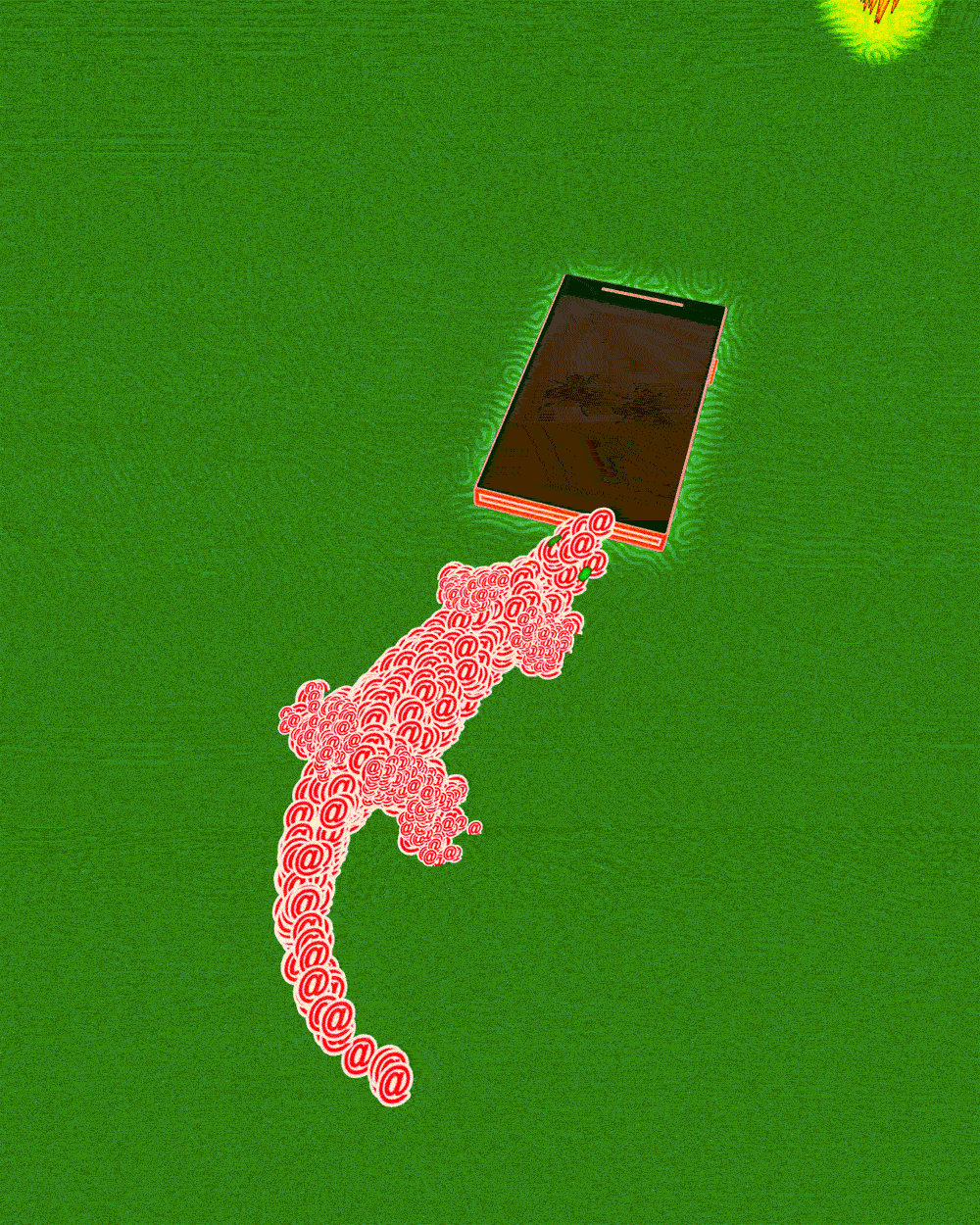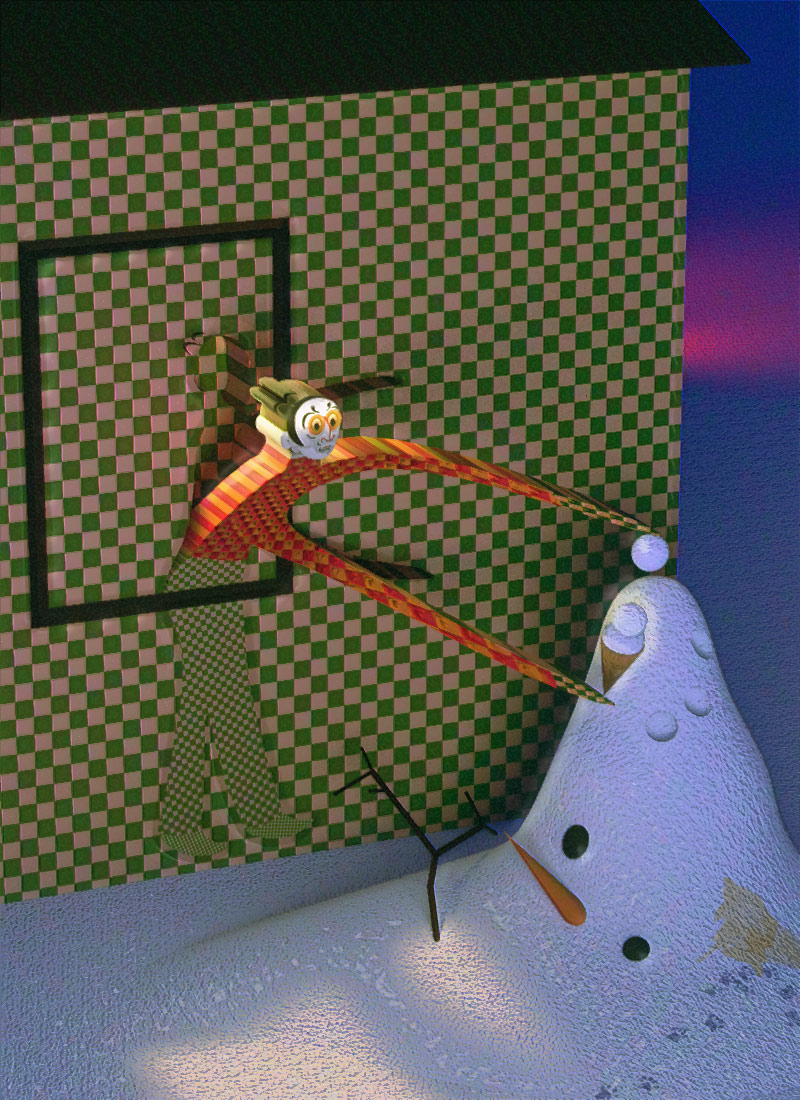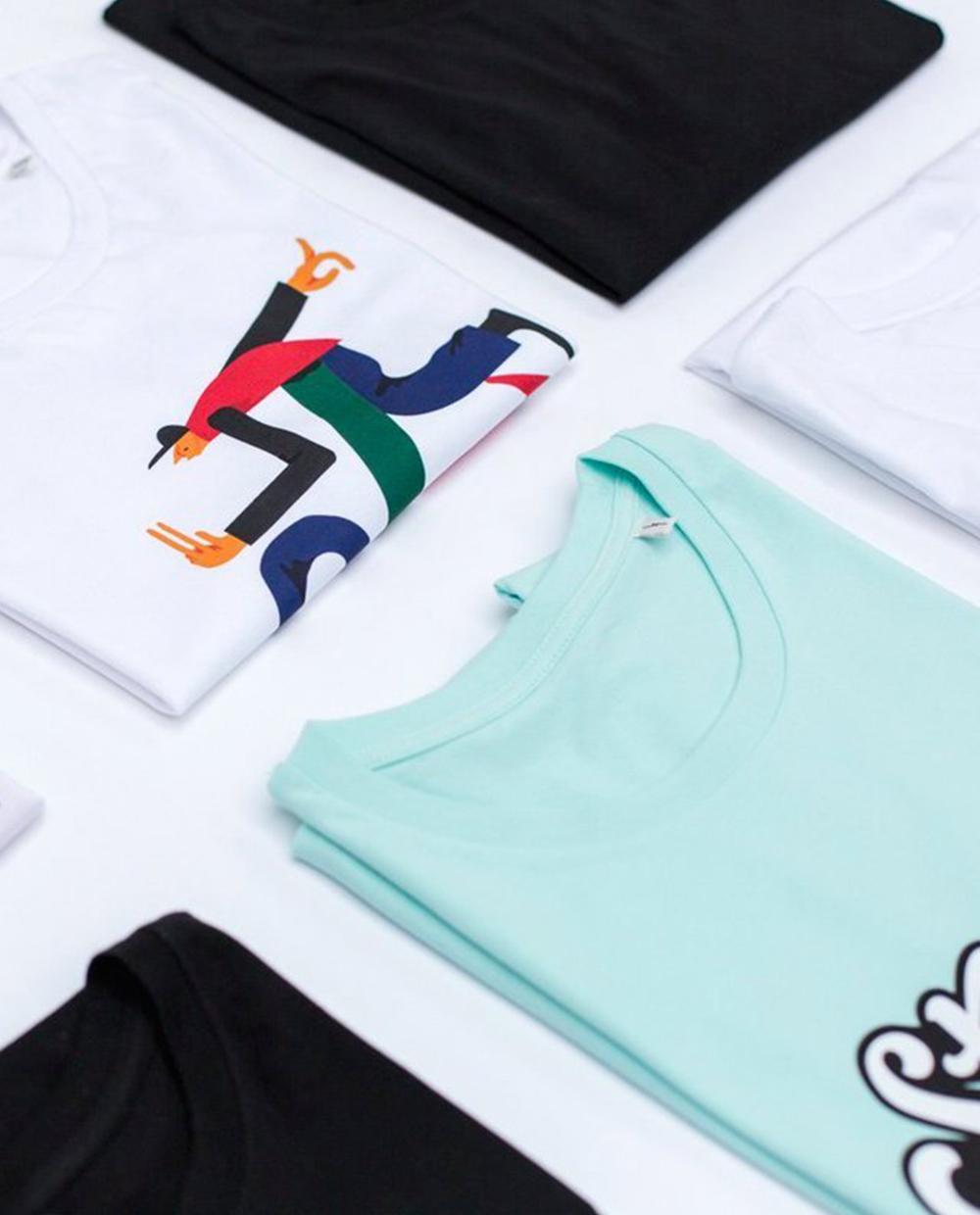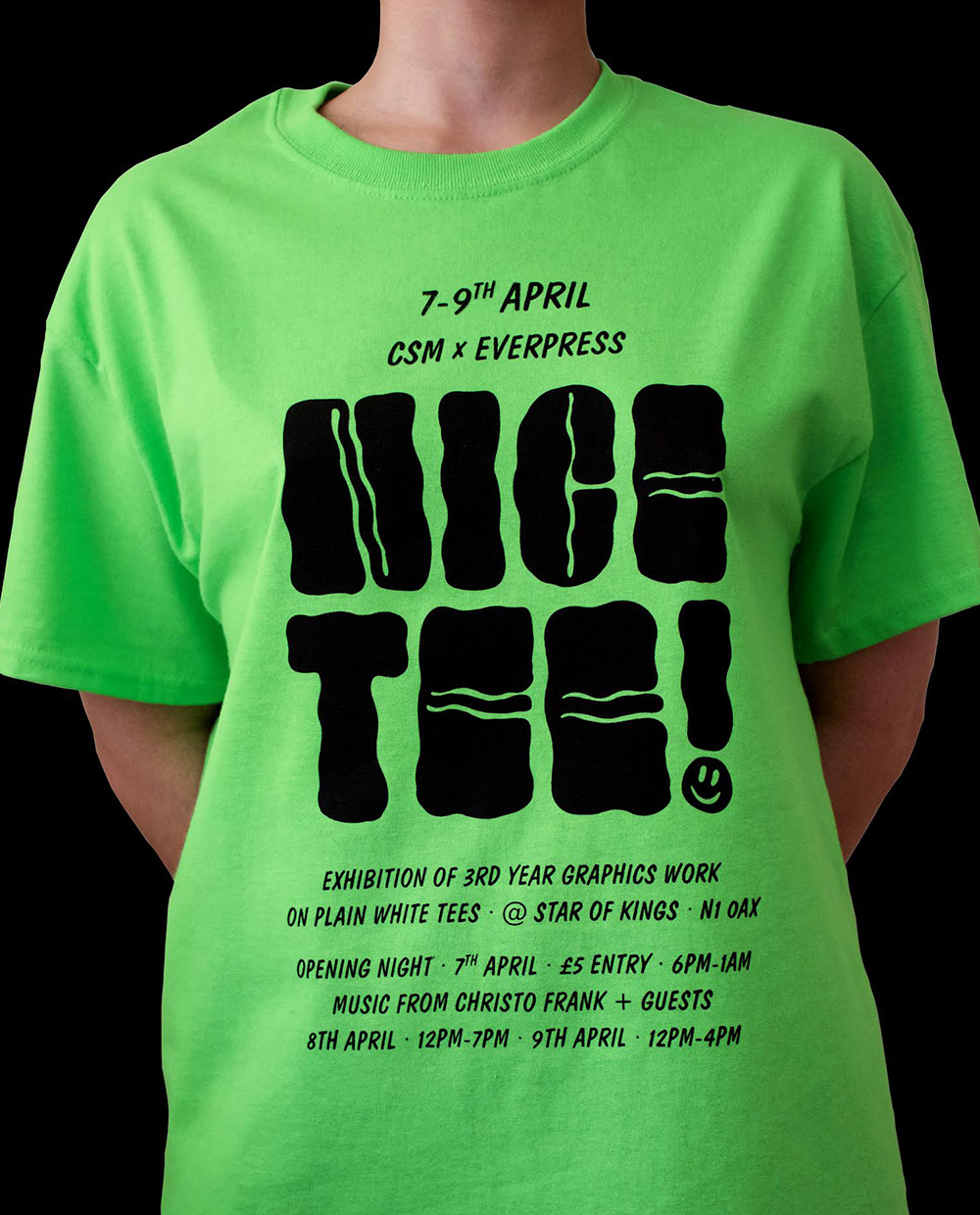Help! Where do I even start?
If you are worried about time, remember that you are the youngest you can ever be in this very moment, so just do. If you are intimidated, figure out what your ideals are (that is, what you want to do) and find a middle ground between that and what your intuition tells you (that is, how feasible this is given your current position). Then just do. Do not be afraid to ask for help or leads, you’d be surprised to find out who can help you.

How do you determine who your main audience are?
I am a firm believer that if you don’t try to make work for the sake of appeasing an audience, and instead make what you make and keep at it, then eventually your audience will come to you. However, this is proving to be more and more challenging in a landscape in which social media algorithms work against you, in particular by promoting less of your posts to get you to consider paid ad options.
Only you can do you best
It is no secret that Instagram mines your data – be it what you like, how much time you spend on particular posts, or the types of accounts you engage with; but what if you can work that data to your advantage? All this data builds towards an algorithm that is uniquely tailored to you, so use it! Check out accounts that Instagram’s A.I. thinks and suggests are similar to yours – it might mean you both share the same type of audience. Strategise about how you can tap into those accounts’ audiences. If you find your work evolving over time, the algorithm will probably evolve with you too and generate new accounts that are similar to your evolution.

How did you build the confidence to put yourself out there?
If you find yourself in a dire situation, the best thing you can do is to be confident. If you are weighed down by feelings of intimidation, pinpoint what you are good at, and feel empowered from knowing that not many can do those things as good as you. There is only one you, and only you can do you best.
How can someone prove they’re good at what they do if they don’t have formal training?
Do not explicitly put forth that you don’t have formal training, because people might underpay you for that very reason, regardless of how good you are at what you do. Don’t shoot yourself in the foot by giving them the option to weigh your work with the rates they deem are appropriate for your ‘level’. Sometimes the people who decide on your pay have no knowledge whatsoever about your field, say if they work solely in administration, or are from corporate. Try your best to get away with not revealing your educational background, even if you have one. Eventually you will be ‘in’, in which case use that as a stepping stone to go as far as you can. The further you go, the more objective confidence you can build, both for yourself and for others to have in you.

How do you work out how to set rates and what to charge for your work?
Estimate your worth and always strive to ask for that. If you settle for something lower and feel that you are shortchanged (it happens!) then remember to try again for more with the next client.
How do you decide which of your work you want to ‘sell’ versus which is personal?
I try my best to make all the work that I ‘sell’ personal, but in the event that I can’t, I fall back on something that I know I can 100% deliver given the brief. Businesses like predictability, but it is also important to remember to not use this as an indication of your worth.
Always keep trying
How do you go about partnering with other brands or creative industry peers?
Try your best to invest your time only into things that you want to do. This is not easy, and you often have to compromise for something lesser. In that case, a good mindset to adopt is: How can I apply myself in the best way that I can, given the current limitations and my current position, to this challenge at hand? What can I contribute that is unique to me, that no one else can channel to the degree that I can?

Have you ever experienced burnout? How did you overcome it?
The best thing to do is take a break and do what you want; this can be absolutely nothing at all. If you don’t have the luxury to take a break, try to maximise the time that you are not working, I would imagine by doing something that is radically different to your ‘work’. If you are passionate about what you do, eventually you will find yourself returning. That’s how it has always been for me anyway!
How do you bounce back from situations that don’t work out? How do you know when to stop vs. when to keep trying?
Always keep trying. If it’s something I really want, I keep pestering. If I don’t hear back after the third follow-up, then I try not to take it too personally. It could be that the timing was off. It could be that they don’t have positions to fill at the moment. It could be that they are not sharp enough to see how your work could be used in a context that can be profitable to them. It could be that they are planning to change direction or rebrand themselves internally. If you have gone through these justifications and it still affects you, then know that if these people think that you are not worth the time to respond to, then they are probably not worth your time to work with – because why would you want to work with someone like that?

There is no longer such a thing as overexposure
What was the transition like to becoming a freelancer? What tips would you have, if any, for transitioning successfully?
It is good to have a backup plan. If you insist on diving headfirst into being an independent creative with less of a backup plan, then give yourself a time limit on goals that you would like to hit before it’s time to give up. If it doesn’t work out, don’t feel discouraged as sometimes certain plans don’t align at the right time. In which case, try your best to sustain a personal practice or have a side project to work on until you feel confident enough to repeat the process.

How do you decide how much self-promotion to do on social media? What tips do you have for using social media well?
Don’t be afraid to put yourself out there as much as you can. In an age where it’s increasingly easy to curate what you want to see, there is no longer such a thing as overexposure. There have been many instances where I feel discouraged to post a particular work because I feel it might create a negative impression on my work as a whole, but I share it anyway and it gets an overwhelmingly positive reaction. There will also be times where people don’t respond well to your work, but that is normal because otherwise you won’t be you.
Read More: Focusing On The Bigger Picture With Roshan Ramesh.






